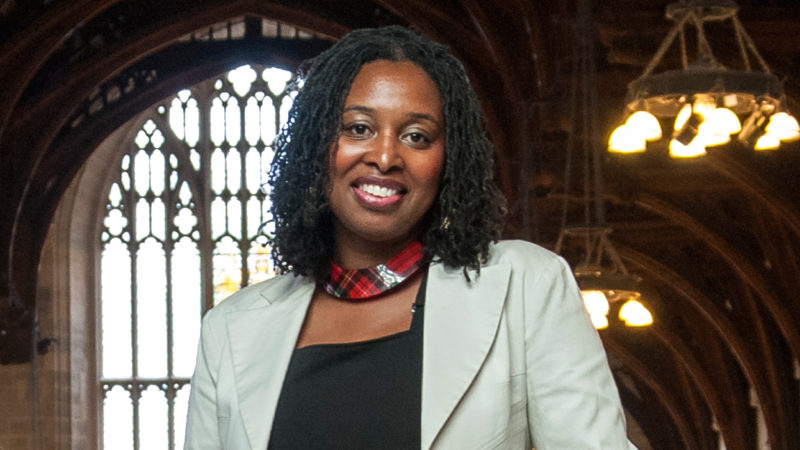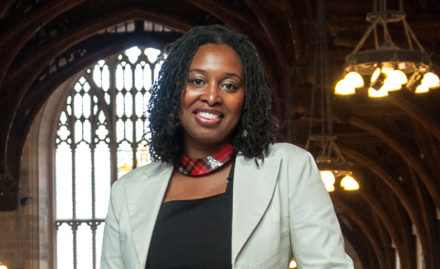

It has become clear that aside from embracing austerity and ensuring the gap between the haves and the have nots grows, the main objective for this Conservative Government is to secure its future for generations to come. It is doing so, not by convincing the country to embrace its message, but by changing the political landscape to suit itself.
The Prime Minister is a woman, no shock there, but she is still planning to press ahead with boundary changes that will almost certainly put back the clock as far as female MPs are concerned.
It’s been clear for some time that the proposed boundary changes in which its first proposal will be published on September 13 has one overriding aim – to entrench the Tories grip on government. The negative impact on women will be collateral damage.
In the boundary changes of 2010 it was women that bore the brunt of these changes through losing their seats. I was one of those women.
The Cameron Government had a poor track record as far as women were concerned; 80% of the cost of their tax increases and welfare cuts were paid by women. The former Prime Minister probably didn’t set out to reduce the representation of women but I doubt it worried him very much either. Unfortunately our Prime Minister Theresa May is pushing ahead with the Cameron plan and seems to take a similar “couldn’t care less” attitude.
We will, of course, challenge her on this in Parliament. The changes are not based on the current electoral register and take no account of the people who have not registered
That said, we also have to make sure that the Labour Party is facing up to the issue. Not only could we lose thirty seats, but more than four in five Labour seats will be affected by the changes.
As the Chair of the Women’s Parliamentary Labour Party, I wrote to the Labour Leader, Deputy Leader and Chief Whip last year to voice my concerns about the proposals. I sought reassurances that the Party would be doing all it could to continue its leading role in pushing gender representation through protecting and enhancing the position of its female parliamentarians as well as future representatives.
I highlighted the Fabian report, ‘Practicing What We Preach’, which highlights a number of barriers (cost, transparency and discrimination) which make it that much harder for women to be elected.
Through the Council of Europe I have found this to be common in other countries and am conducting research into intersectional discrimination.
It is difficult to imagine that myself and many of my fellow colleagues, both male and female, could be facing one another to seek re-selection for our current constituencies.
The Labour Party must do more. We need an action plan to prevent discrimination against female colleagues, BAME colleagues and hopeful candidates in 2020.
I have set out to seek assurances that the our party is taking this problem seriously and they will put together an action plan to ensure that these boundary changes will not impact on gender representation negatively and put in place practical solutions, not just lip service. I’m yet to be convinced.
The Fabian report found that 31% of women standing for national and regional selection face unwelcome scrutiny of their private lives. 22% were questioned directly about their gender and 19% faced scrutiny about their appearance.
I myself have suffered this discrimination because of my gender and race as have others in the Women’s PLP, as well as other elected women across the country. As Labour Party members we must be vigilant about any propensity for unconscious bias regarding gender or race discrimination.
In the fight against these boundary changes we cannot lose sight of our record and mission on gender equality. The Labour Party is an established leader in this area – we must ensure that we continue to be the Party with the highest percentage of female representation. 43% is higher than any other major Parliamentary Party and we must continue to promote gender and race equality in all aspects of the Party.
Dawn Butler is chair of the Women’s Parliamentary Labour Party group and MP for Brent Central




More from LabourList
‘AI regulation is key to Labour’s climate credibility’
Ben Cooper column: ‘Labour needs to rediscover its own authentic populism’
‘Westminster rethought: a new purpose built site and a museum of democracy’